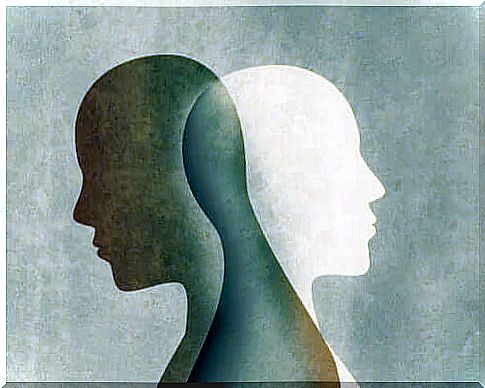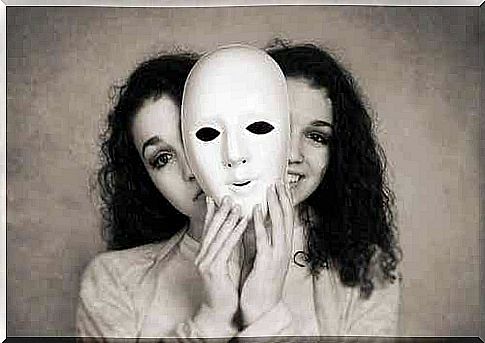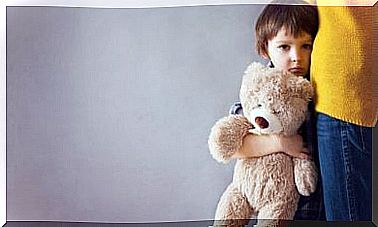The Moral License – How Is It Used?

Who doesn’t like to think of themselves as a good person? It is important to have a positive self-image. What exactly drives someone to do immoral things? Self-justification, also known as the moral license, could be one explanation.
The logic behind self-justification is that you can do immoral things because you behaved correctly in the past. Here’s an example: How many times have you told yourself you earned candy after working out. As you can see, it consists of justifying an unwanted action so that you don’t feel guilty.
Here we discuss some studies on self-justification so that you can delve further into the subject. In addition, you will understand why some people get infected by this effect.

What research says about moral license
The effect of moral license, whereby morality allows one to subsequently behave immorally, has been the subject of many experiments. Several psychological theories of behavior emphasize people’s desire for cognitive consistency in their thoughts, feelings, and behaviors.
An interesting self-licensing study addresses this desire for coherence by suggesting that people who behave morally praiseworthy feel more justified in performing a morally questionable act (Merritt, Effron, and Monin, 2010).
The study observed how self-justification leads to a broad spectrum of undesirable behavior. For example, people showed more harmful attitudes after they remembered the socially desirable things they had done in the past.
According to the researchers , past good deeds can make people feel free to engage in unethical or problematic behavior. Behaviors they would otherwise avoid for fear that others might see them as immoral.
Another study conducted by Jessica Cascio and E. Ashby Plant in 2016 concluded the following regarding self-justification:
- Anticipating one’s involvement in moral behavior allows a person to behave immorally.
- People who anticipate doing morally acceptable acts in the future are more racist.
- Possible moral licenses are probably the result of the accumulation of moral credits. In other words, they are justified because they have committed morally correct acts in the past.
- Prejudice is due to moral behavior.

Moral purification
An important contribution to what science knows about moral licensing states that it affects many areas. Writing about one’s own positive or negative qualities, for example, can influence charitable donations. It also influences cooperative behavior in a common dilemma (Sachdeva, Iliev, and Medin, 2009).
Based on these findings, the authors argue that the effect of moral license is best interpreted as part of a broader framework of moral self-regulation. One in which the internal balance of moral self-esteem will determine whether one will engage in moral or immoral behavior. It will also determine the costs associated with prosocial behavior.
In short, the study authors suggest that claiming a moral identity leads people to justify immoral acts. However, when moral identity is threatened, moral behavior is a means of regaining some of the lost self-esteem.
In other words, when one’s moral image is established, an immoral act is justified without fear of losing that moral image (self-licensing). However, when a person is seen as immoral by others, he will take positive actions to restore his moral image (moral purity).








